TCL's X955 TV has some pretty incredible specs, and what I saw looks very promising indeed.
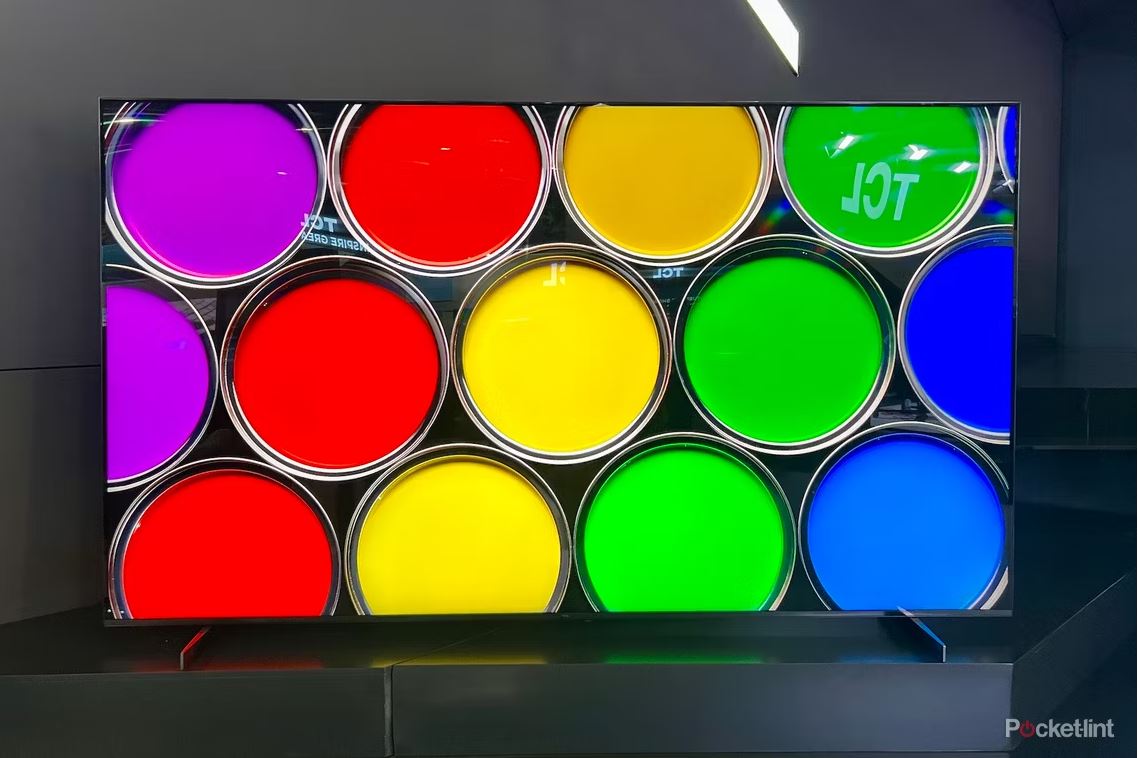
On the show floors of IFA 2023, I got to clap eyes on the TCL X955 in the flesh, the brand's newly announced flagship 4K TV. Not only does it have a spec list that blows the rest of the Mini LED TV market out of the water - but it also raises some pretty big questions for OLED too.
Now let me first acknowledge that any TV reviewer worth their salt knows that there is much more to any television than its on-paper specs. But even so, the numbers on offer by the TCL X955 are incredible, and seeing it in action has left me intrigued, to say the least.
As a Mini LED TV, the TCL X955 uses a traditional backlight (instead of self-emissive pixels like OLED), but the LEDs that produce the light are much smaller than on a standard LED TV. Doing the legwork here is a six-crystal Mini LED chip, which packs more brightness into a smaller chip than has been managed before.
Not only does this mean that the TV can still stay pretty slim - another traditionally OLED calling card - but it also helps the X955 to meet those impressive claims of over 5,000 nits of brightness and 5,184 dimming zones.
To put that into perspective, when we tested the flagship Samsung QN95C, our reviewer found 1,344 dimming zones and brightness of over 2,000 nits on a 10 per cent window.
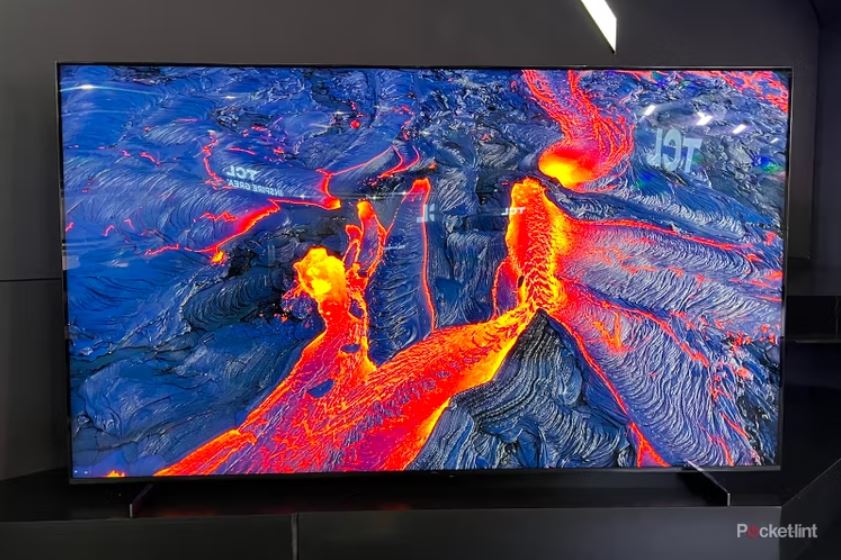
Even TCL's current flagship TV is dwarfed by these figures, with the TCL QM8 promising peak brightness of 3,000 nits and 2,300 dimming zones. That's more than half what the TCL X955 is working with - so this is kind of a big deal and may finally be able to match the contrast that OLED TVs are so lauded for in a way that no LED TV has managed yet.
Those dimming zones matter because they give Mini LED much more granular control over when the backlight is on and when it is off, compared to traditional LED. The more of these zones there are, the more precise the TV can be in lighting up the right areas of a picture and keeping other areas dark - ensuring the very best contrast possible, with minimal blooming (where areas that should be dark have some residual light).
Absolute lighting precision has been something OLED has had in its corner since its inception - thanks to every one of its pixels being able to turn itself on or off. But with this many dimming zones, you have to wonder if Mini LED's contrast levels are going to be distinguishable from what OLED can offer.
Certainly, from the demo footage that was on loop on the massive 98-inch TCL X955 (it's perhaps worth breaking the news now that the X955 is only available in massive 85- and 98-inch sizes - and is currently only confirmed for European markets), the picture looked to offer everything that was promised.
As you'd expect, it was almost certainly on an over-saturated retail/demo mode, but while colours might not have been the most accurate, there is no doubt that the punch and depth of colour available is impressive. Of course, that is only helped further by the incredible brightness on offer here, and this was clear, even when pitted against the insanely bright lighting on the show floor (that also made it very hard indeed to take a good picture).
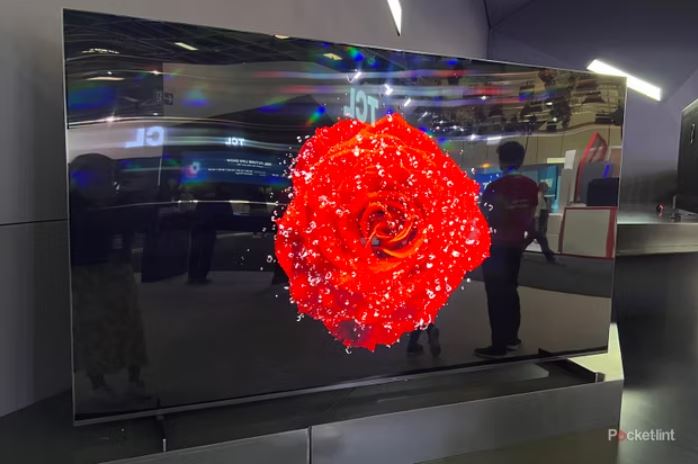
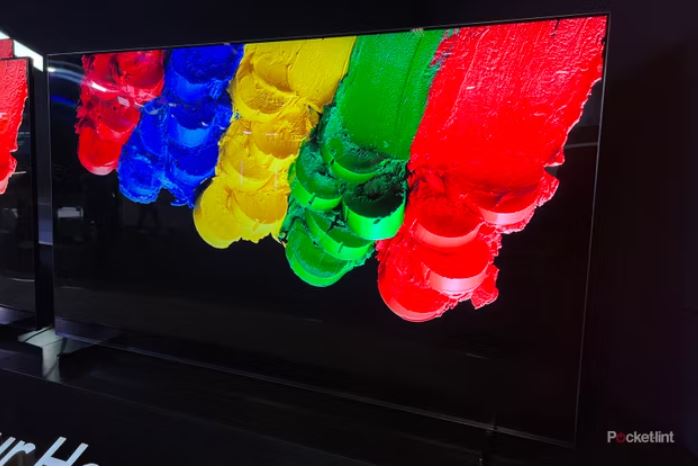
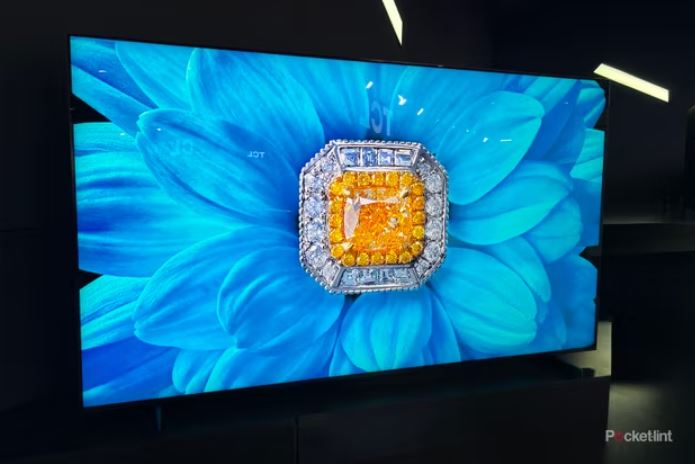
Part of the demo video I saw included things like brightly coloured flowers blooming and paint pots spilling onto a black background, and the contrast on offer here looked incredible. There was no discernible blooming, with crisp outlines of coloured objects against the dark background, while blacks looked comparable to the deep, perfect blacks you'd expect from an OLED. Even the white TCL logo on a white background looked crisp and halo-free.
Now, the picture here will need much more careful consideration come the time of a full review, but from what was being shown at IFA 2023, it indicates that TCL is serious about Mini LED and also serious about taking on the current front-runners in the TV world - be that OLED or Mini LED.
It's worth touching on the fact that, yes, 5,000 nits is eye-searingly bright, and you won't be seeing that on a whole screen basis, ever. Neither would you want to.
This super brightness will be retained for the smallest of highlight details while also helping to raise the APL (average picture level) to one that would mean you don't have to worry about the impact of ambient light in a room on picture quality.
However, beyond that, what's really exciting about the 5,000 nits number is what it could mean for content.
Currently, films from Hollywood are generally mastered to around 1,000 nits when it comes to HDR content, but it can be up to 4,000 nits (and beyond in very small cases) - the only issue being that this hasn't been able to be truly appreciated to its full capacity by anything other than professional grading monitors.
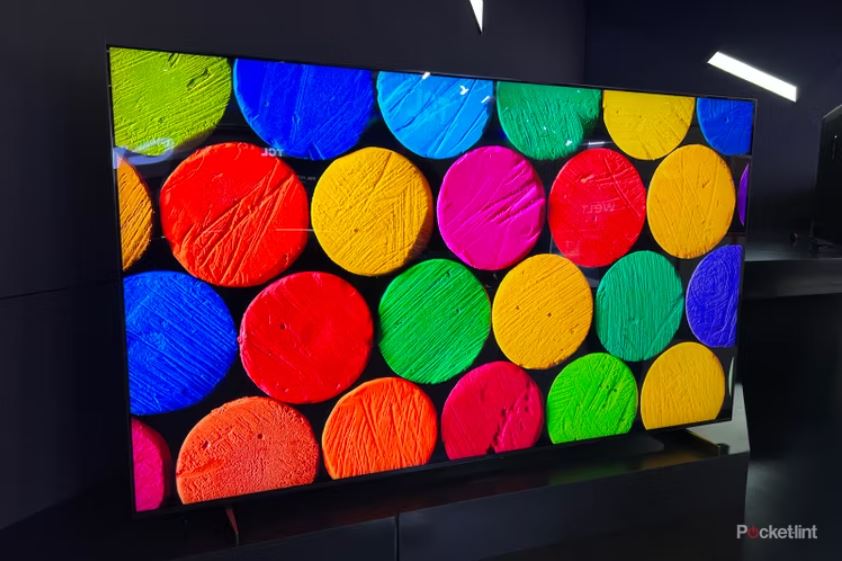
With a TV like TCL's X955, we could now bring this kind of picture quality home and experience all the benefits that it can offer to HDR content.
So, while OLED has long been the TV tech to buy if top-level contrast was important to you, the developments served up in Mini LED recently - and particularly those raised in the TCL X955 - start to ask some quite serious questions.
I've loved OLED since I first clapped eyes on it some 10+ years ago, but when Mini LED starts making promises like those made by the TCL X955, OLED's position as the de facto TV technology does start to look a little uncertain. Even with the strides forward in OLED technology in the past couple of years, this peak brightness level seems very much out of OLED's reach.
If Mini LED can offer the flexibility this added brightness gives to picture quality - not to mention content - alongside blacks that have to potential to be indistinguishable from OLED levels and no niggling worries about burn-in, then OLED's position at the top could very much be in question. OLED, it's your move.
TrendForce 2022 Mini LED New Backlight Display Trend Analysis
Publication Dates: April 30 and October 31, 2022
Language: Traditional Chinese/English
Format: PDF
Number of Pages: The two publications will total 120–130 pages
If you would like to know more details , please contact:











